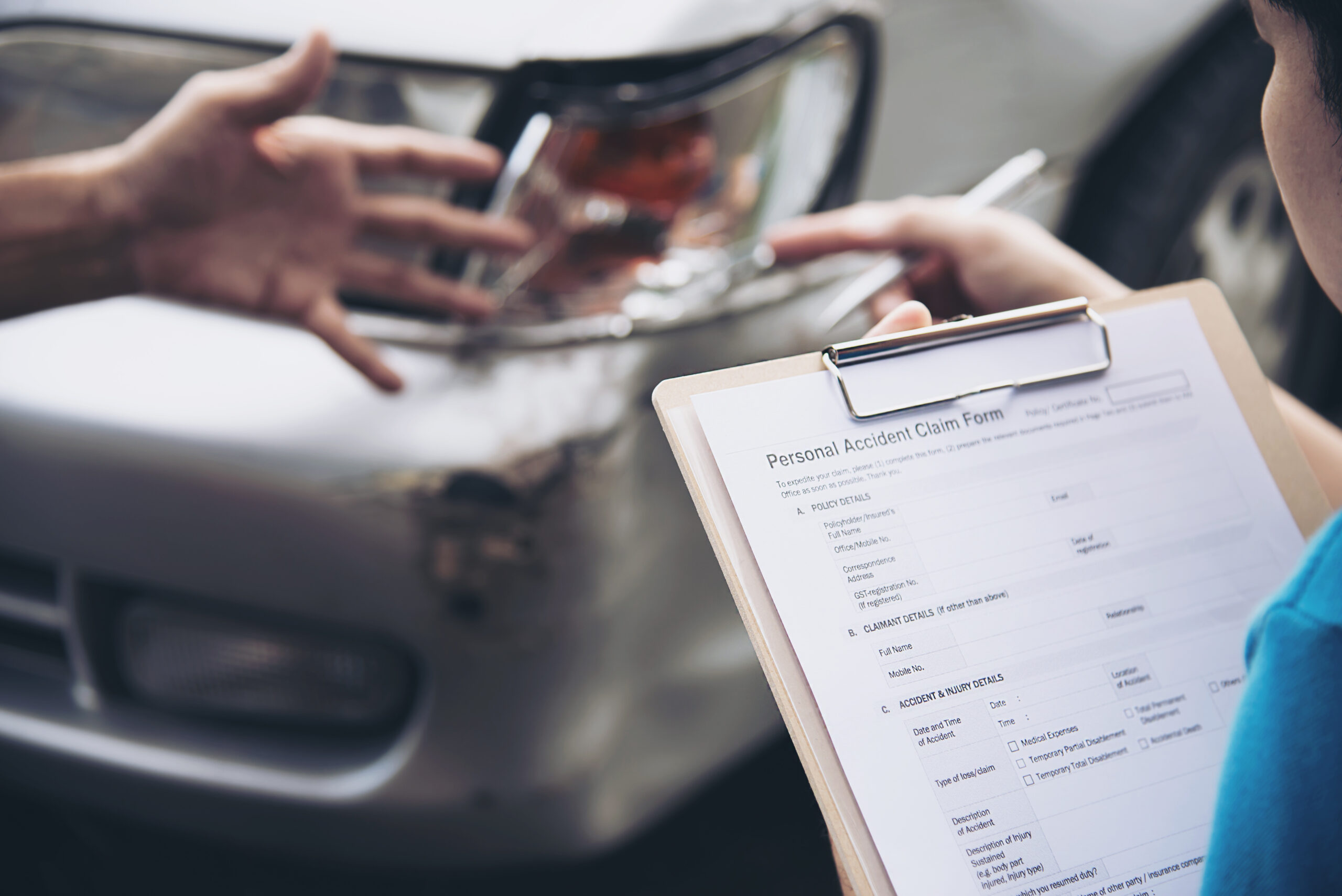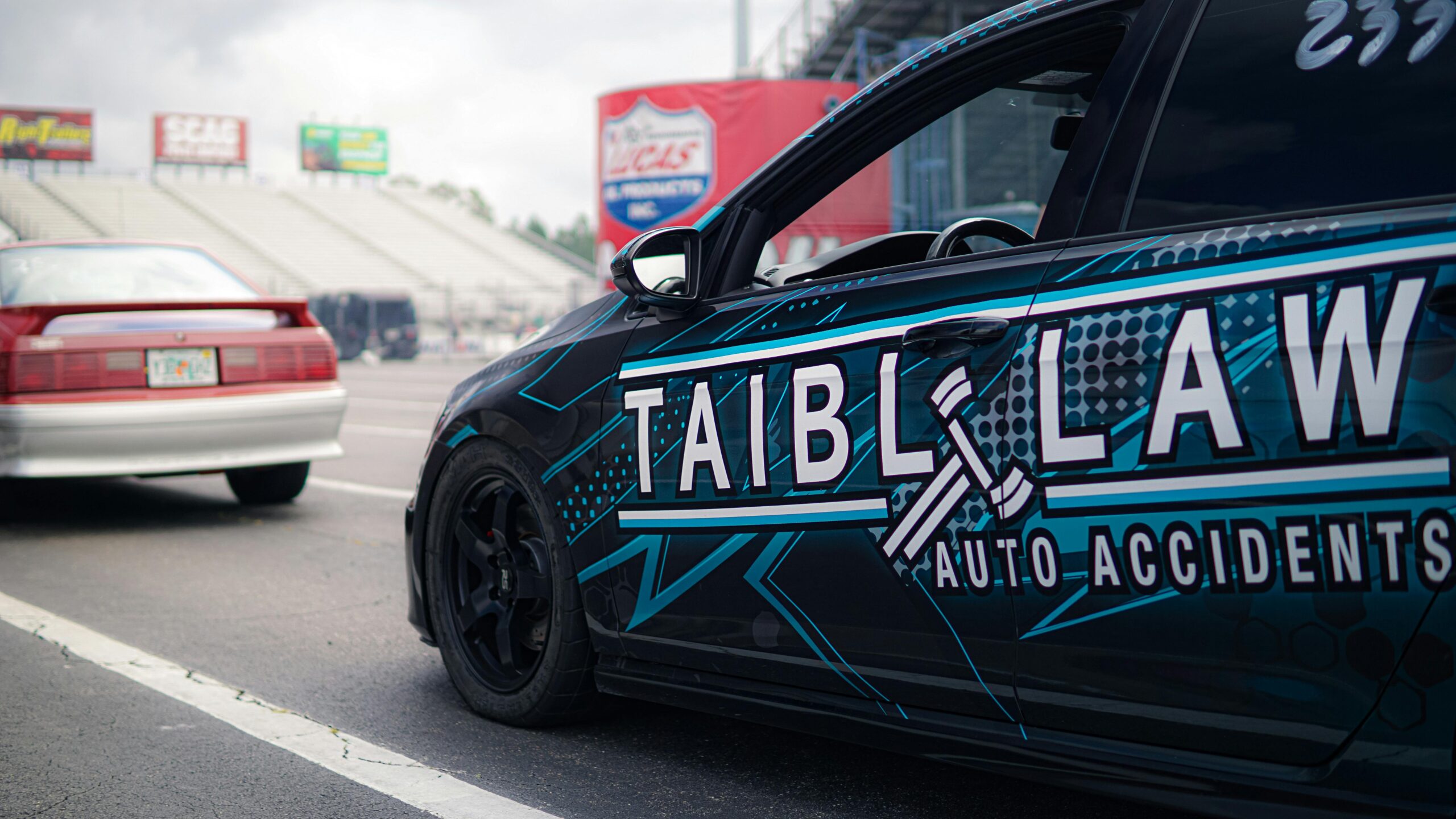As as a Florida motorcyclist, understanding and following the state’s regulations on Florida Motorcycle Insurance Laws isn’t just a matter of legal, it’s an essential aspect of your financial security and safety. Florida is famous for its excellent conditions for motorcycle riding, including miles of gorgeous beaches and stunning landscapes. But along with the pleasure of riding outdoors comes the responsibility to make sure you’re protected in the event that something unexpected occurs.
In this thorough guide, we’ll explain the details of Florida’s laws regarding motorcycle insurance and the reasons they are important as well as dispel common myths and provide ways to find affordable coverage. Let’s turn up the revs and be safe!
Understanding Florida’s Motorcycle Insurance Requirements
To begin, what is the law that requires for coverage of motorcycle insurance in Florida? Contrary to other states Florida does not require that riders have liability insurance. But that does not mean that you should not think about getting insurance from reliable providers such as GEICO and Progressive.
Although you may not be legally required to carry motorcycle insurance, you are financially responsible for any damage or injuries that might be caused by an accident. In reality, Florida is a no-fault state in the case of motor accident involving vehicles. That means, regardless of who was responsible for the crash the insurance coverage of both parties will pay for their medical expenses as well as property damage.
In the event that you don’t have insurance, it could expose you to possible legal proceedings and financial ruin if you are found to be at fault for an accident. If you also have an outstanding lien on your bicycle or leasing it from a lender, they is likely to require comprehensive and collision insurance in the loan conditions.
Understanding Florida’s No-Fault Insurance Laws
As we mentioned previously, Florida operates under a no-fault system in relation to motor accident in vehicles. This means that no matter the fault of the other driver the insurance coverage of both parties will pay for their own medical costs and property damage.
In the event of a motorbike accident it is advantageous for the person riding as they are more susceptible to injuries than drivers who are in enclosed vehicles. But it is also a requirement to carry Personal Injury Protection (PIP) protection in your insurance plan.
PIP insurance coverage is designed to cover expenses for medical bills as well as lost wages and other costs related to them in excess of the policy limit. It’s important to note it’s true that PIP only covers 80percent of medical costs and therefore it’s important to have health insurance that covers the remaining 20 percent.
Awareness Saves Lives: The Importance of Complying with Motorcycle Insurance Laws
Before we get our engines revving Let’s discuss why the understanding of and compliance with the laws governing motorcycle insurance are not negotiable.
A Safer Ride
Insurance isn’t just an obligation under the law; it’s a risk management tool. In the event of an accident, riding without insurance is not just a threat to your financial security, but puts you at risk of danger of injury. In the event of accidents, having insurance could be the difference between immediate aid or financial loss.
Legal Protection
The compliance with Florida’s motorcycle insurance laws safeguards you from penalty fines, fines and possible legal actions. It assures you that you’re an informed rider and are able to pay any financial obligation in the event of an accident.
Navigating the Legal Landscape: Understanding Florida Motorcycle Insurance Laws
The Sunshine State, motorcycle insurance is controlled by laws that all riders should be aware of.
Minimum Insurance Requirements
Florida is required to provide minimum coverage of $10,000 for Personal Injury Protection (PIP) as well as at least $10,000 in property damages responsibility (PDL) on motorcycles. The coverage is similar to the one required for cars, however the amounts of coverage are unique to motorcycle insurance policies.
Coverage Options
While the state set minimal requirements, riders may and often should choose more extensive coverage to fully ensure their safety. The most common additional insurances for motorcycles include bodily injuries accident, liability and comprehensive coverage.
Proof of Insurance
If you are riding in Florida It is mandatory to be able to show evidence of insurance. It could be in the form of a insurance card or the digital version that is stored on an electronic device. In the absence of evidence of insurance even if you’re in fact insured, could cause an infringement.
Shield Against the Unknown: The Benefits of Motorcycle Insurance
Certain riders might view insurance as an unnecessary expense, but the safety it provides is priceless.
Financial Protection
It’s not a secret that motorcycle accidents can result in significant injuries to property and medical expenses. Insurance is an insurance policy that will pay for repairs and replacement costs for your motorcycle as well as legal costs in the event that you are being sued.
Coverage for Medical Expenses
With the PIP policy, medical expenses that result from an accident, no matter the who is at fault, are covered to the limit that are covered by the insurance.
Protection Against Uninsured Motorists
However, not all drivers in the roadways follow the laws. In the event of an accident or hit-and-run caused by an uninsured motorist, your insurance may provide the security that can be gained by knowing that you’re insured.
Demystifying the Fine Print: Common Misconceptions about Florida Motorcycle Insurance Laws
There is a tendency to be caught in myths regarding insurance, but here are some of the most common myths that have been dispelled.
“My Car Insurance Covers My Bike”
While this is sometimes the scenario, it’s not necessarily a general standard. Motorcycles typically require different, specially tailored insurance policies to ensure adequate protection.
“You Only Need Coverage When You’re on the Road”
Even if your bike is not in use and secured, it is in danger. Vandalism, theft as well as natural disasters are only the most common reasons why having a year-round insurance plan is crucial.
Learning from Mistakes: Consequences of Non-Compliance
Failure to adhere to the Florida motorcycle insurance laws could result in serious consequences.
Monetary Penalties
Driving without insurance in Florida could result in fines starting at $150 and grow with subsequent violations. Alongside the fines, being caught without insurance can mean having to pay for the reinstatement of your license.
Legal Implications
Being involved in an accident when not insured can result in legal problems. You could be required to pay for the other’s expenses out of your own the pocket, or risk lawsuits which can drain your finances. In addition in the event that you do not have insurance in the event of an accident could lead to being denied the driver’s licence.
The Hunt for Value: Tips for Finding Affordable Motorcycle Insurance
The balance between the best coverage and the affordability of your budget can be difficult But these guidelines can help you find the most affordable price.
Shop Around Regularly
The rates for insurance can differ greatly from one provider to the next. A regular review of quotes from a variety of insurers will guarantee you get the best cost.
Understand the Influence of Premiums
Your driving record, your age as well as the location and type of bike you are riding will all impact the cost of insurance. Knowing these aspects will help you make decisions which will lower your expenses.
FAQs:
Frequently Asked Questions regarding Florida Motorcycle Insurance Laws
Q: Can I waive my PIP coverage if I have health insurance?
A: No. Florida law requires all owners and registered owners of motor vehicles that have more than four wheels to have PIP insurance.
Q: Can my motorcycle insurance company cancel my policy?
A Yes, they are able to. However they have to provide you with a formal 45-day warning if the cancellation resulted from non-payment of the premium.
Q: What happens if I let my insurance lapse?
A In the event that your insurance is lapsed or is cancelled the insurer has to inform the state. The state could impose fines, and your license and registration could become suspended until you submit an insurance certificate and a reinstatement cost.
Q: Does Florida have a motorcycle helmet law?
A Absolutely, Florida legislation requires motorcycle riders younger than 21 to wear helmets. Riders aged 21 and older can ride or operate as in a motorbike’s passenger position without helmets provided they have an insurance policy for medical expenses that is at least $10,000.
Q: Do I need motorcycle insurance if my bike isn’t running or I don’t use it?
A: Yes. Within the State of Florida the law states that if the registration plate for a vehicle has been removed and the vehicle isn’t being operated or used in the time period the owner is required to maintain PIP insurance and PDL insurance or be sure to cancel the motorcycle insurance and surrender the plate of license.
Conclusion: The Last Stop on the Road to Legal Riding
The laws governing motorcycle insurance in Florida should not be ignored. They are intended to safeguard both the riders as well as the public in general. If you take the time to study the laws that govern them, you arm yourself with the necessary knowledge to choose the appropriate insurance coverage, locate affordable rates and travel safely and legally. Being up-to-date and having a good insurance plan in place could be all the difference when you’re enjoying your ride or facing the dreadful consequences. When you get on your bike be aware that a little preparation goes far. Take a ride, Florida!



